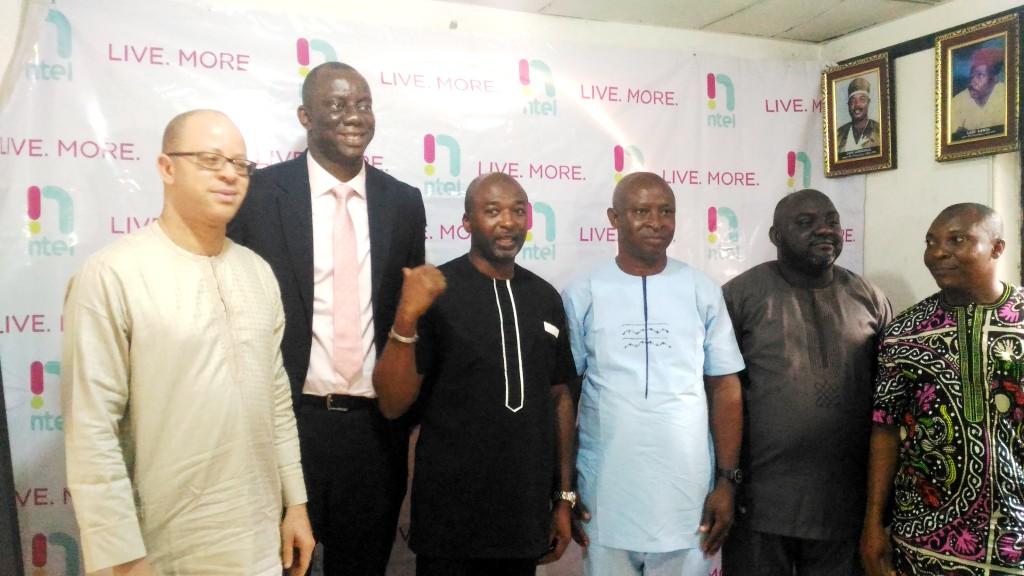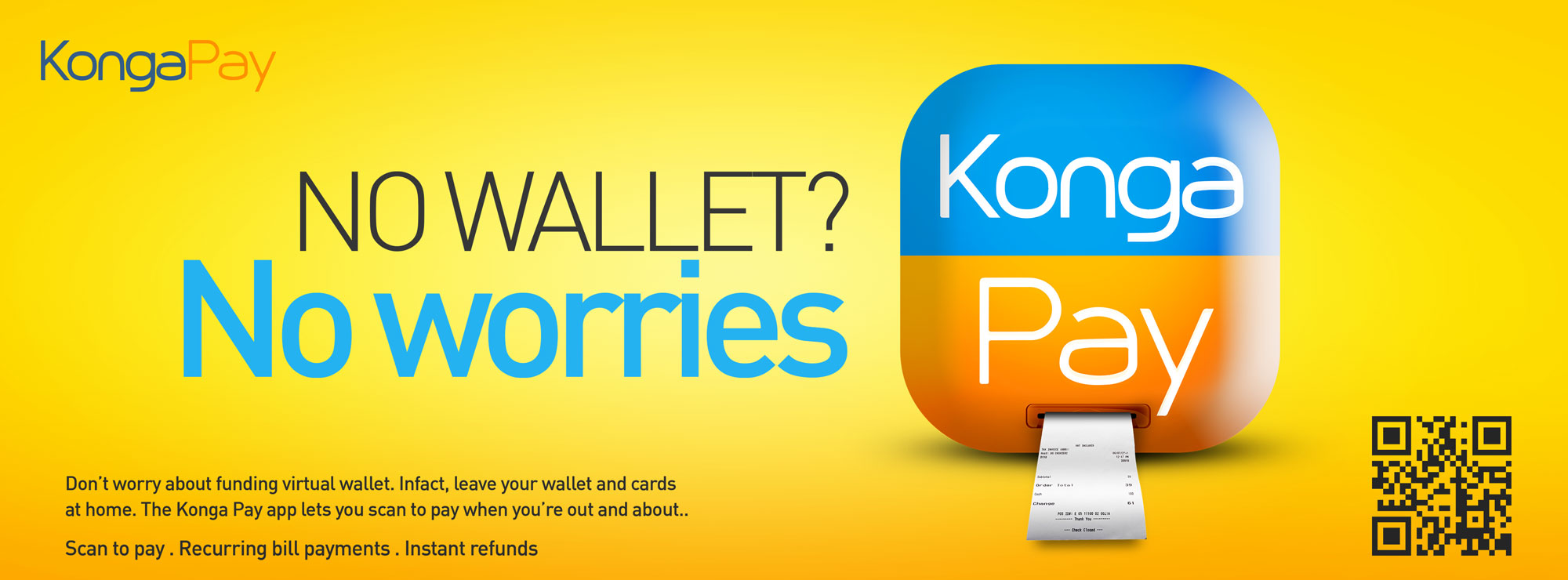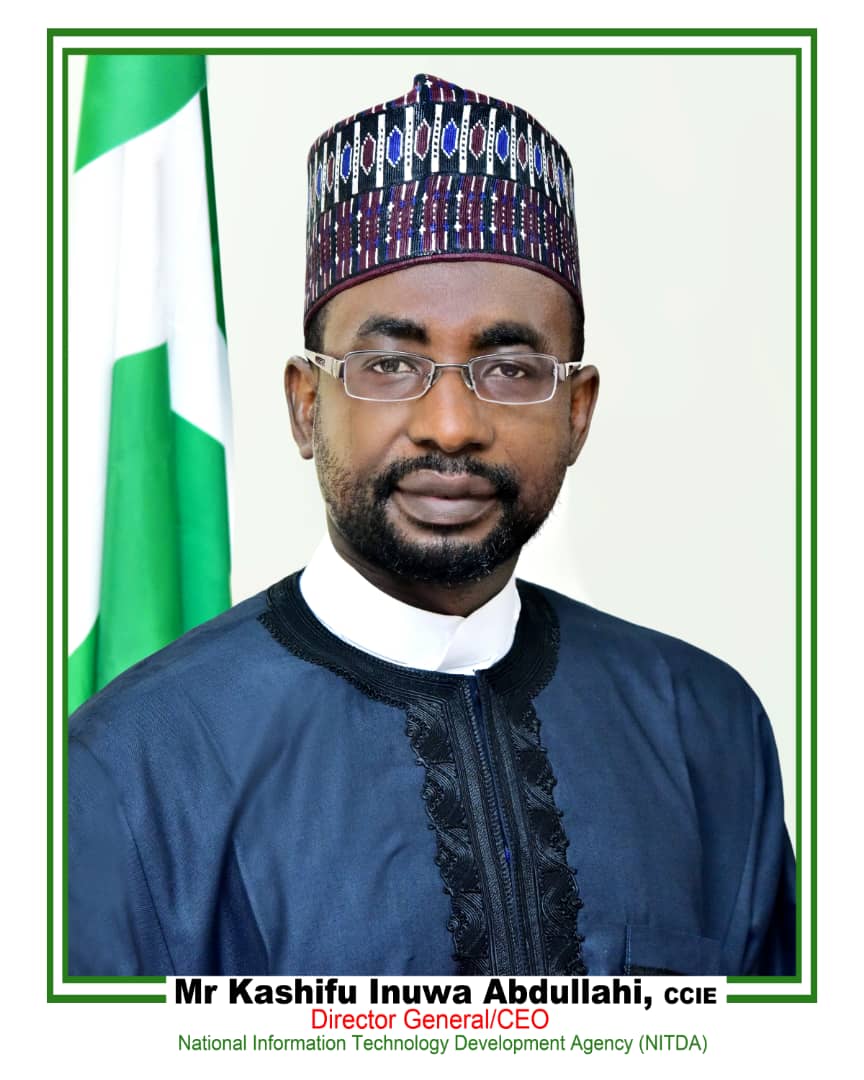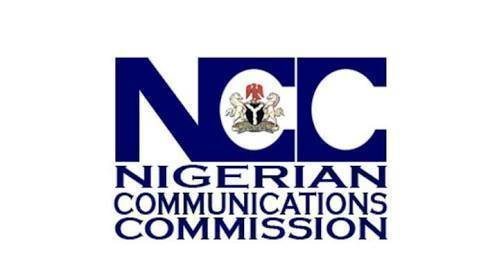Contrary to the claims of the Minister of Communications, Barr. Adebayo Shittu and Executive Vice Chairman of Nigerian Communications Commission (NCC), Prof Umar Danbatta that enabling environments are on ground to drive the meeting of 30 per cent broadband penetration, industry operators have argued that not much is really on ground.
According to them, exorbitant cost of leasing fibre optic infrastructure in other parts of the country other than Lagos is unbearable and capable of collapsing the set target.
Globally, metro or national fibre optic infrastructure is required by telecommunications operators to transmit bandwidth from where network operating centres can buy in to deliver data services.
In his presentation at a recent monthly Breakfast meeting organized by Nigeria Information Technology Reporters Association (NITRA), the Chief Financial Officer of ntel Telecoms, Abhulime Ehiagwina said issues bordering on ‘Right of way’ approval in laying Fibre Optic Cables outside Lagos State especially along state and federal roads to move bandwidth required to deliver services to their subscribers have not been truly resolved upon claims of the authorities.
He said ntel, a 4GLTE operator, has been finding it hard to access RoW and high cost of leasing fibre optic from owners of the infrastructure does not make economic sense compared to owning the link.
According to him, “Imagine if we lease fibre to deliver service from Port Harcourt to Aba, it will cost us N20 million per month. The question is, how many subscribers can we get in a short run that will cover this amount and other associated cost in delivering service to Aba? This is why operators seek ‘Right of way’ approval to lay their own fibre links”.
Currently, leasing of intra city fibre optic is beyond reach for networks as it costs N200, 000 to lease fibre to transmit 20mega of bandwidth for Victoria Island to Ikeja in Lagos Nigeria.
Even though NCC has developed the Open Access Model to be driven by Infrastructure Companies (InfraCos), the licensees are not finding it easy in RoW in several states.
The ntel official noted that apart from RoW dichotomy across the entire states, other negative factors killing the networks’ moral in spreading out fibre cables is multiple taxation, vanadlisation, fibre cuts due to endless road construction and others.
He said “if Infracos had gone far in rolling out services and deployment of fibre optic infrastructure, operators can begin to lease at competitive cost and operators will buy in and deliver broadband services”.
Besides, few available national and metro fibre links seem to have been distanced by operators on grounds of exorbitant cost. This is the reason why industry players are still seeking for articulated business friendly policy in the deployment and provision of telecommunications transmission infrastructure in the country.
Apart from ntel’s Ehiagwina, other stakeholders had been raising issues on the matter. According to the managing director of Spectranet 4G LTE, Mr. Ajay Awasthi, “it costs higher to move bandwidth from Lagos to Ibadan than moving it from London to Lagos”.
He said government and the regulator need to do more to drive rollout of broadband infrastructure by engaging states government to see telecoms infrastructure as critical national assets than mere investments of telecoms operators’.
Speaking in the same vein, former president, Internet Services Providers Association of Nigeria (ISPAN), Engr. Samuel Adeleke, was of the believe that time has come for the regulator to “look at the proper use of its licenses moving forward”.
“For instance, Globacom has invested in intra-city and inter-city fibre network, which are presently not in use. This infrastructure is required to increase broadband penetration in the country, the regulator should ensure the effective utilization of licensed spectrum,” he Adeleke averred.
Even, the president of Association of Telecoms Companies of Nigeria (ATCON), Engr. Olusola Teniola had at various fora, argued that meeting the 30 per cent broadband penetration by year end remains a dream as infrastructure needed to drive the feat leaves much to be desired.









